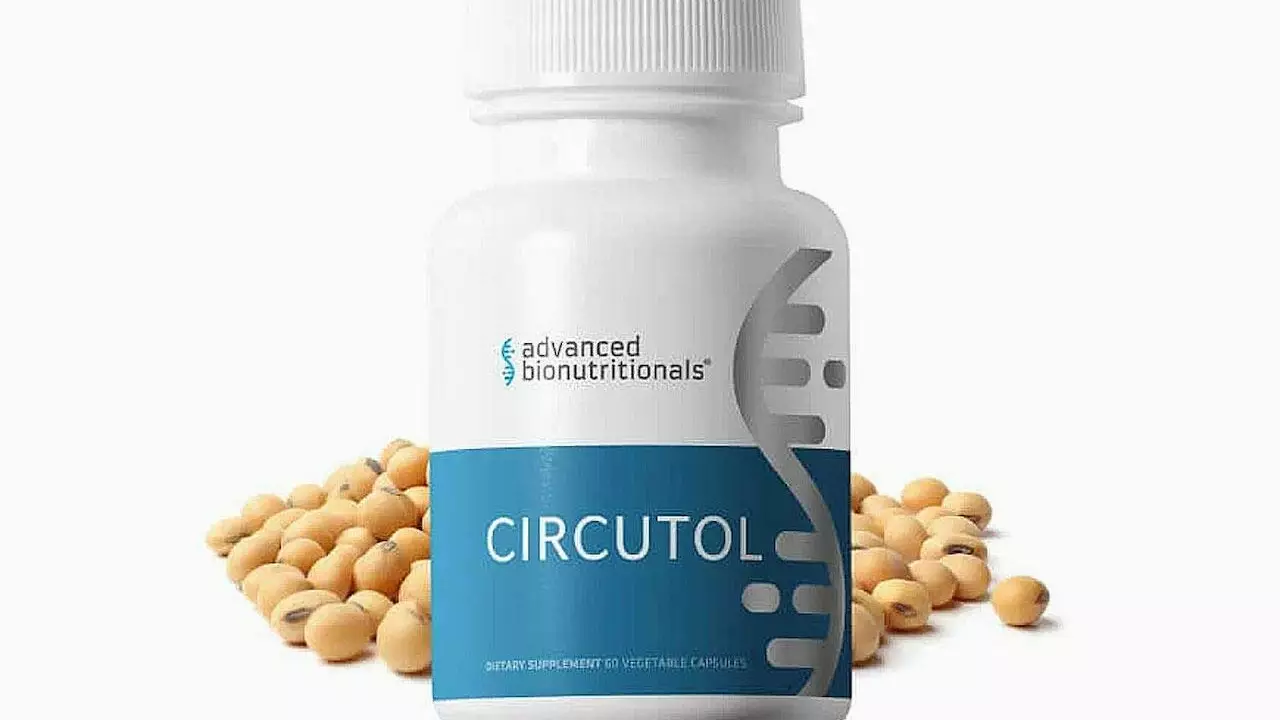Hyperimmune Egg: What It Is and When It Works
Hyperimmune egg products use antibodies harvested from hen egg yolks. When hens are exposed to a specific pathogen or vaccine, their eggs contain high levels of immunoglobulin Y (IgY). Companies extract and concentrate IgY to make supplements meant to provide passive immunity — a short-term shield that can reduce pathogens in the gut or on mucous membranes.
Why would you use this instead of a pill or vaccine? Hyperimmune egg gives targeted antibodies without live viruses or antibiotics. That can be useful for travelers worried about bacterial diarrhea, for caregivers managing outbreaks in nurseries, or for pet owners protecting young animals. It’s not a cure-all, but it can lower risk or shorten illness in some cases.
What the evidence says
Clinical studies are small but consistent: IgY can reduce diarrhea caused by enteric bacteria and help with some respiratory infections when used early. For example, trials testing IgY against enterotoxigenic E. coli showed fewer cases of diarrhea in travelers who took IgY on trip days. Other studies found shorter symptoms for rotavirus in children who received IgY orally. These are targeted effects — one IgY product won’t protect against unrelated germs.
Practical tips: choosing and using products
Look for products that list IgY content, the target antigen, and third-party testing. Pasteurization and gentle extraction keep antibodies active; overly processed powders may lose potency. Follow the label for dosing; many trials used daily doses spread across meals. Start at the recommended dose a day or two before exposure if you’re planning travel or expect risk, and continue through the risk period.
Safety is straightforward for most people. If you have an egg allergy, don’t use IgY products. Pregnant or breastfeeding people should check with a healthcare provider first. Side effects are usually mild — mild stomach upset or bloating — but stop use if you notice allergic signs like hives or breathing trouble.
Compare hyperimmune egg to alternatives: unlike antibiotics, IgY does not kill bacteria systemically or drive antibiotic resistance. Unlike vaccines, IgY provides short-term passive protection and does not train your immune system long-term. Use it as a targeted short-term tool, not a replacement for vaccination or prescribed treatment when those are indicated.
Where to buy: reputable supplement companies, compounding pharmacies, and veterinary suppliers sell IgY products. Check for quality seals, clear labeling, and a visible return policy. If you’re buying for a child or pet, ask a clinician about proper dose and formulation.
Hyperimmune egg can be a useful, low-risk layer of protection for specific threats. Think of it as a targeted helper: it works best when you know the likely pathogen and choose a product made for that target.
Storage and handling: keep sealed, store in fridge after opening if label recommends, avoid heat and moisture. Some products come as lozenges, powders, or capsules—pick what fits your routine. If combining with probiotics or antacids, space doses by an hour to avoid altering antibody activity. Ask pharmacist about interactions. Save receipts and batch numbers always.
The Science Behind Hyperimmune Egg: How This Dietary Supplement is Transforming Health
In my latest exploration, I've delved into the fascinating science behind Hyperimmune Eggs, a dietary supplement that is revolutionizing the health industry. These are no ordinary eggs; they come from hens that have been immunized against specific disease pathogens, creating antibodies that are then passed into the eggs. When consumed, these antibodies can help boost our immune system and combat various diseases. They're a perfect example of how nature and science can work together to enhance our health. So, if you're looking for a natural way to improve your immunity, Hyperimmune Eggs just might be your answer!
